Real Time Field Management At Work – Real Time Updates & Reminders
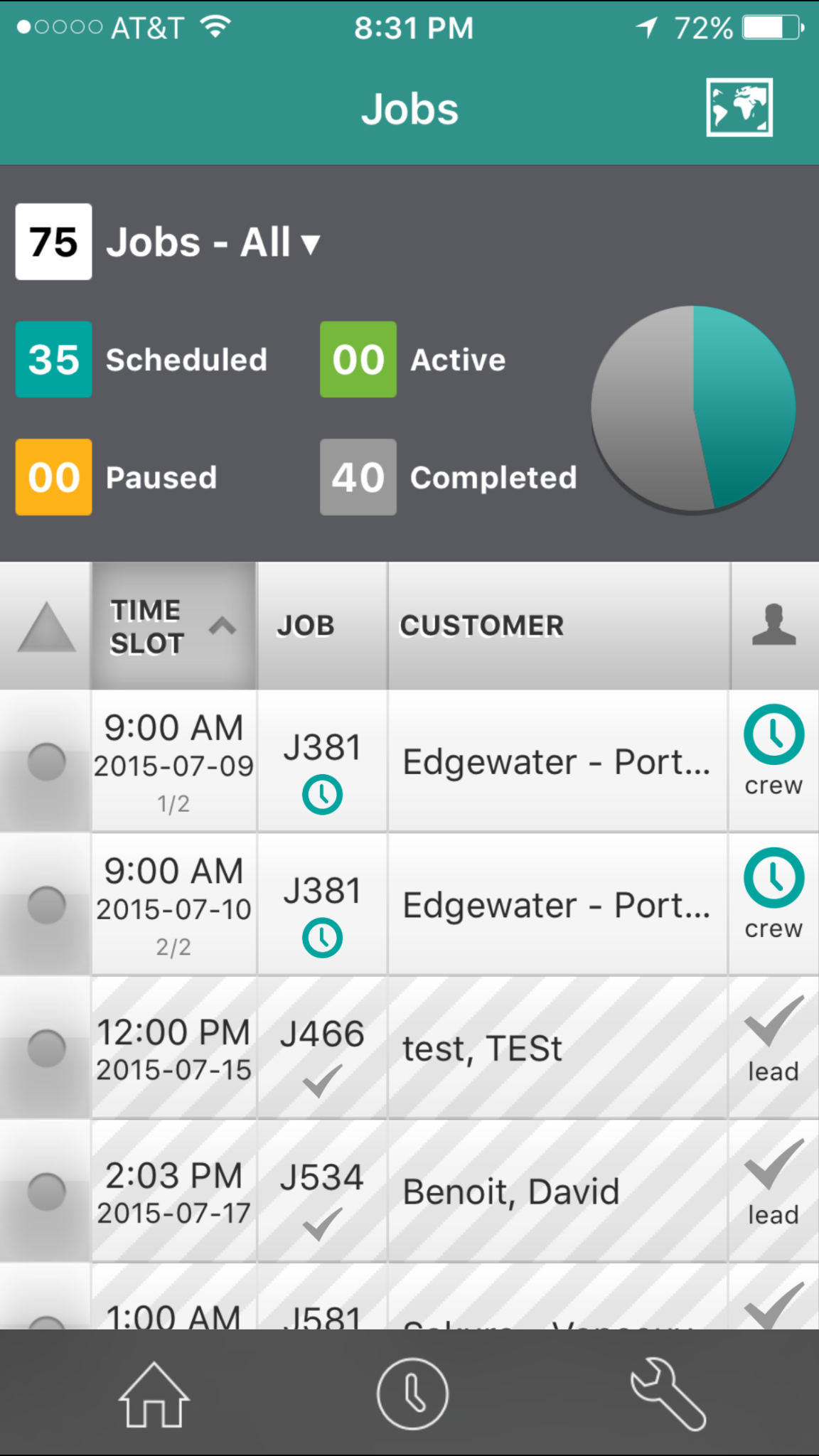 have noticed that we’ve been sending some emails notifying you about scheduled services for the buildings you manage. This system is connected to our real-time field management software, and are tied to actual dates and events. Its part of our broader effort to bring you a higher level of service.
have noticed that we’ve been sending some emails notifying you about scheduled services for the buildings you manage. This system is connected to our real-time field management software, and are tied to actual dates and events. Its part of our broader effort to bring you a higher level of service.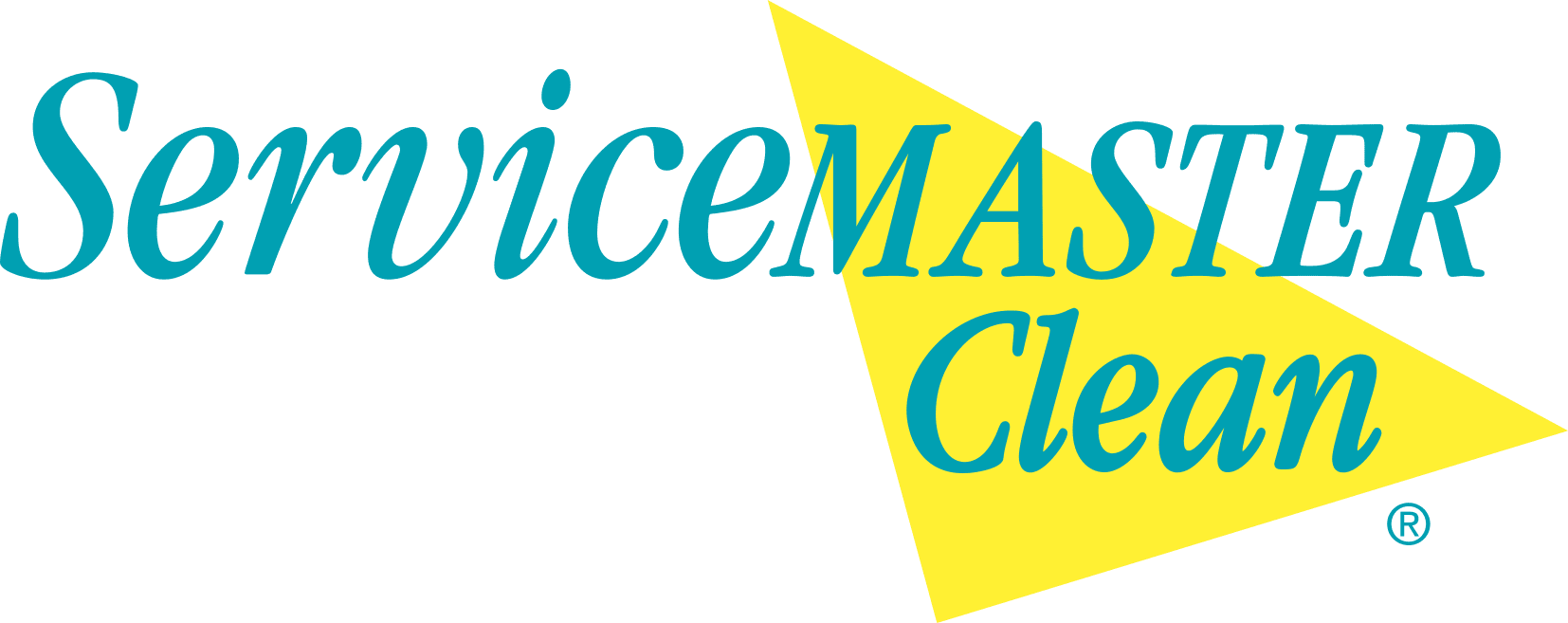
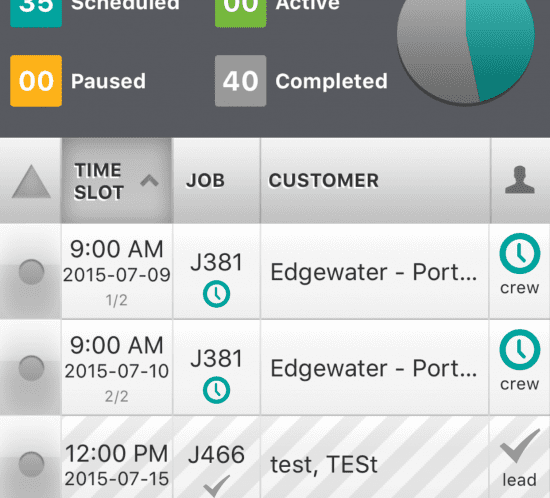
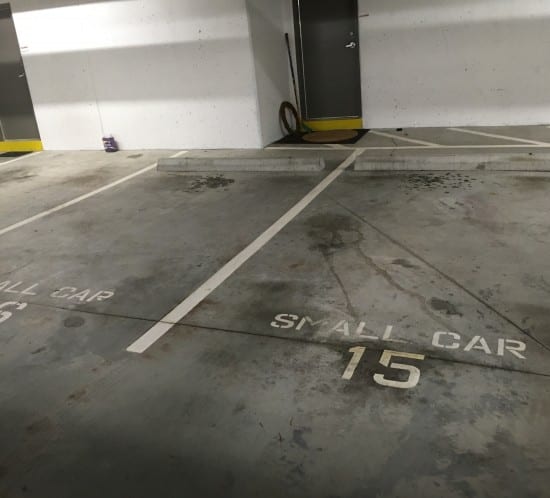
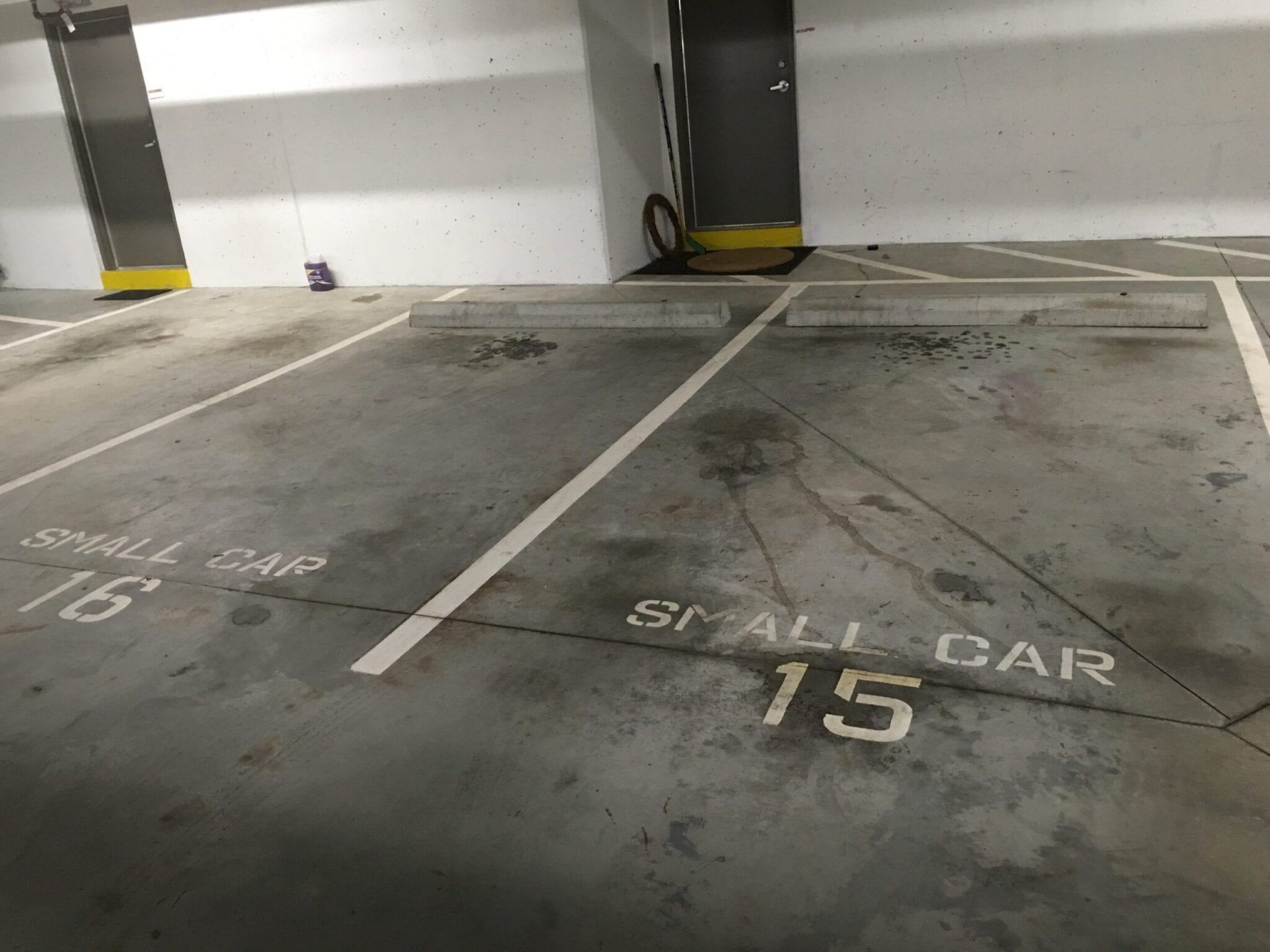 in the summer months. The drier weather allow us to both power sweeping and pressure washing to get underground areas looking as best as we can. A difficult issue we commonly face are oil stains. While we always want leave a parkade looking as clean as the day it was built, oil stains are a nearly insurmountable challenge for our crews. The key problem is that concrete’s porous nature, which the oil molecules are able to penetrate the surface and get locked in.
in the summer months. The drier weather allow us to both power sweeping and pressure washing to get underground areas looking as best as we can. A difficult issue we commonly face are oil stains. While we always want leave a parkade looking as clean as the day it was built, oil stains are a nearly insurmountable challenge for our crews. The key problem is that concrete’s porous nature, which the oil molecules are able to penetrate the surface and get locked in.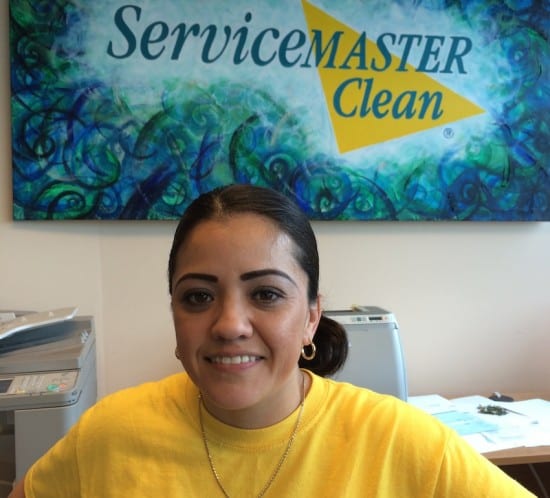
 Janitorial & Caretaker Management Services, it would be our commitment to providing a level of service at an affordable price. That’s not an easy balance to strike, The key part of that formula is finding and retaining the right staff, which can be difficult in the Lower Mainland. The high cost of living is a real problem, and we do what we can to help: we already offer higher than industry average salaries for many of our janitorial positions. Still we think this is not enough, which is being acknowledged elsewhere. Two years ago, Seattle introduced a $15 minimum wage, with Vancouver considering a living wage for its employees.
Janitorial & Caretaker Management Services, it would be our commitment to providing a level of service at an affordable price. That’s not an easy balance to strike, The key part of that formula is finding and retaining the right staff, which can be difficult in the Lower Mainland. The high cost of living is a real problem, and we do what we can to help: we already offer higher than industry average salaries for many of our janitorial positions. Still we think this is not enough, which is being acknowledged elsewhere. Two years ago, Seattle introduced a $15 minimum wage, with Vancouver considering a living wage for its employees. 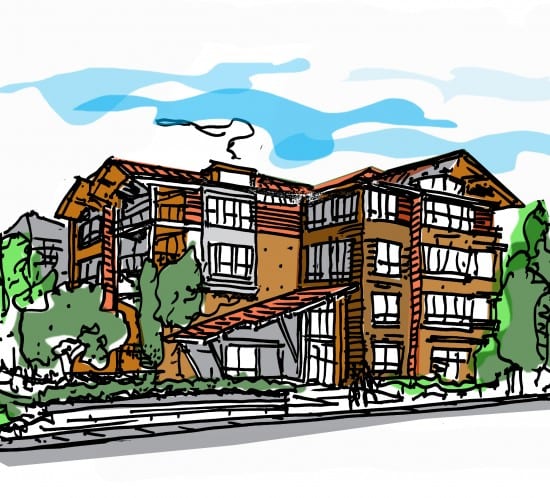
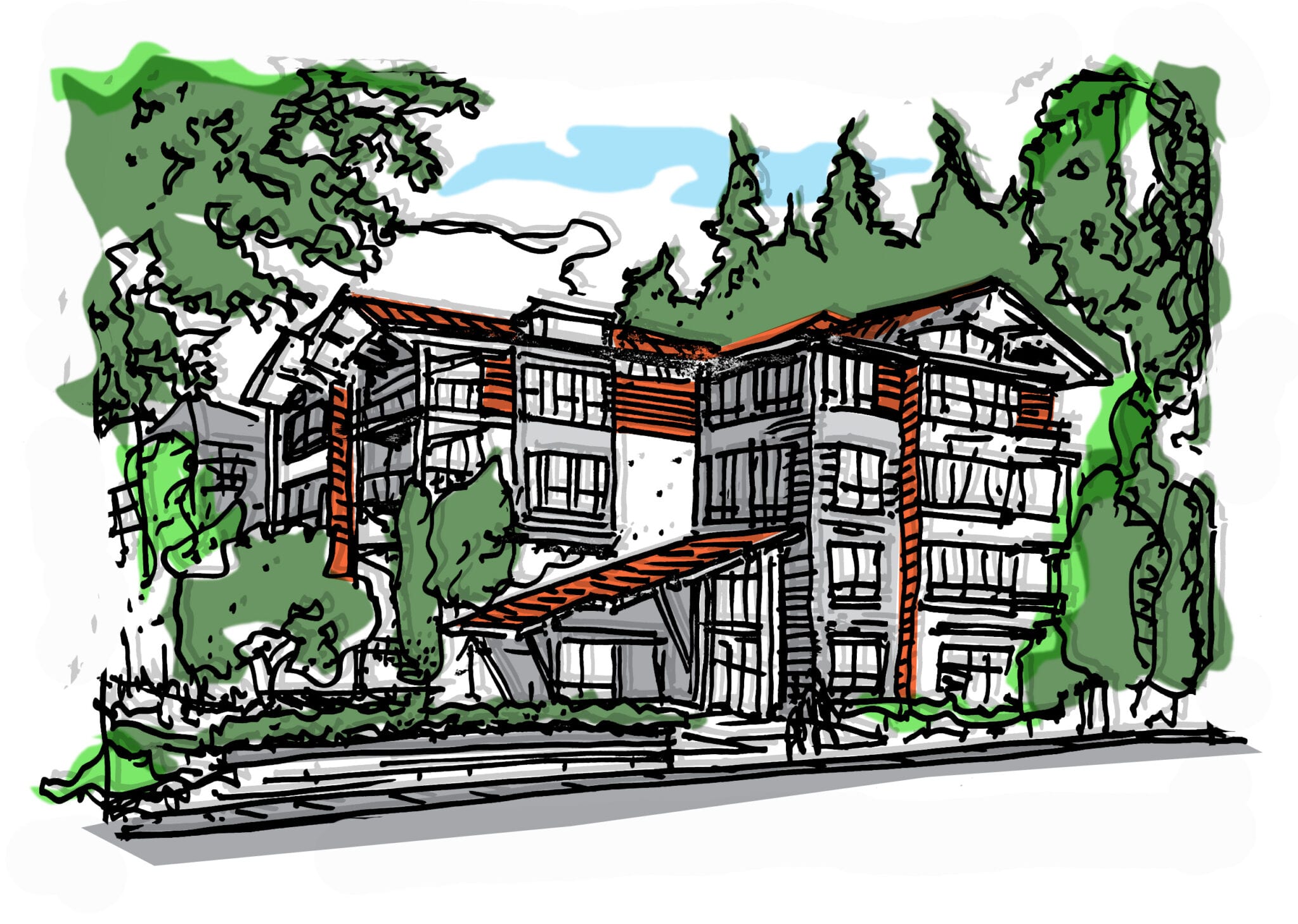 they are a magnet for moss, mildew and algae that can severely curtail their lifespan. Removing them is one of our exterior cleaning services, and the best time to undertake this work is the late summer and fall when they are the drieest . We use a three-step process, which incorporates industry best practices to guide our approach.
they are a magnet for moss, mildew and algae that can severely curtail their lifespan. Removing them is one of our exterior cleaning services, and the best time to undertake this work is the late summer and fall when they are the drieest . We use a three-step process, which incorporates industry best practices to guide our approach. 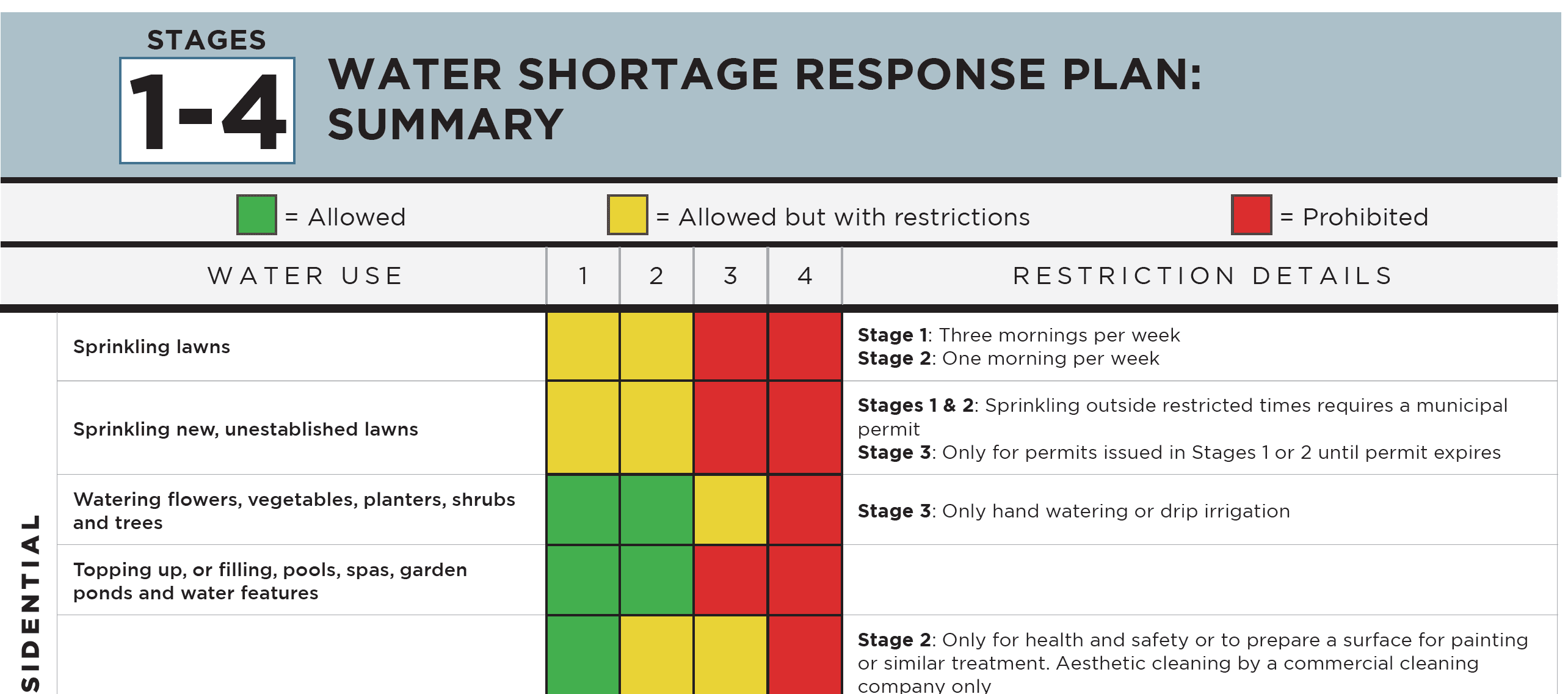 Last year there was immense confusion on what the water restrictions actually meant for the different types of exterior cleaning: window washing, pressure washing and building facade cleaning. Two of the three require significant amounts of water, which means we are subject to the water restrictions (sort of, more on that later.) With this in mind, a number of our clients cancelled work that was legally permissible to occur. Certainly they should be applauded for their proactive approach to water conservation, but it was done without understanding the regulations that govern this area, or the safeguards we have put into place to redress any problems we may encounter.
Last year there was immense confusion on what the water restrictions actually meant for the different types of exterior cleaning: window washing, pressure washing and building facade cleaning. Two of the three require significant amounts of water, which means we are subject to the water restrictions (sort of, more on that later.) With this in mind, a number of our clients cancelled work that was legally permissible to occur. Certainly they should be applauded for their proactive approach to water conservation, but it was done without understanding the regulations that govern this area, or the safeguards we have put into place to redress any problems we may encounter.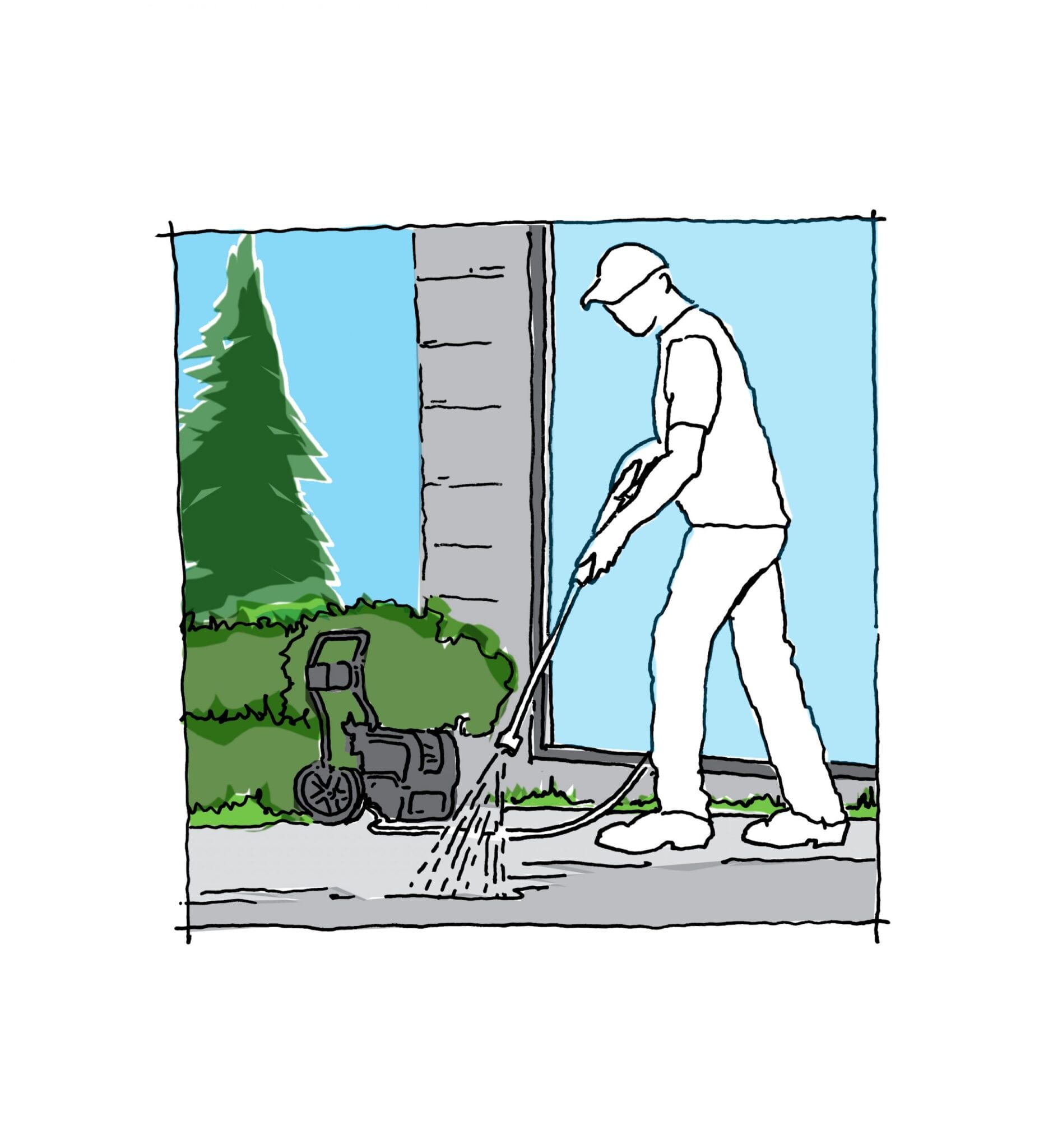 Over time discolorations and stains may occur due to normal usage despite the best efforts of residents to keep it clean. These cannot be cleaned through regular methods and require more aggressive cleaning methods, such as power washers, sweepers or hand scrubbing with a release agent.
Over time discolorations and stains may occur due to normal usage despite the best efforts of residents to keep it clean. These cannot be cleaned through regular methods and require more aggressive cleaning methods, such as power washers, sweepers or hand scrubbing with a release agent. Eyebrows are the areas at the base of verandas, decks and other features. While they cause fewer potential problems compared to other aspects of building maintenance, they are they are also some of the most apparent visual features on a building. Cleaning them should usually be undertaken at the same time as a façade and/or window cleaning. This should create efficiencies as crews can clean all three at once, and keep the building’s appearance uniform.
Eyebrows are the areas at the base of verandas, decks and other features. While they cause fewer potential problems compared to other aspects of building maintenance, they are they are also some of the most apparent visual features on a building. Cleaning them should usually be undertaken at the same time as a façade and/or window cleaning. This should create efficiencies as crews can clean all three at once, and keep the building’s appearance uniform.